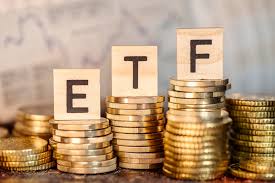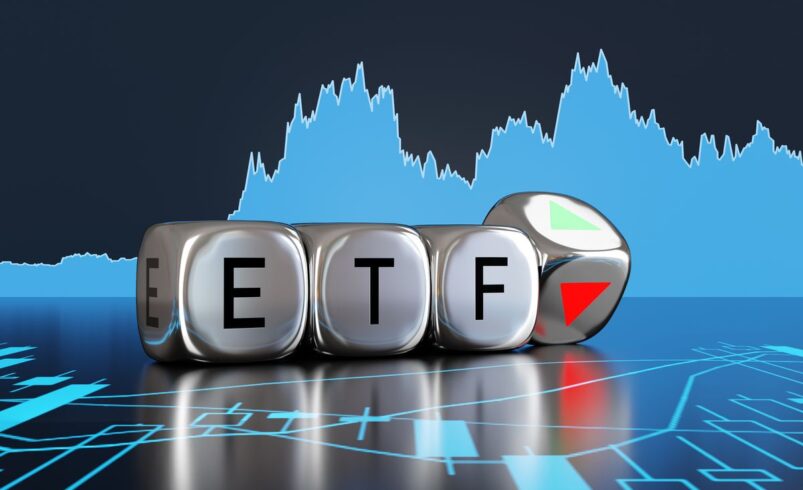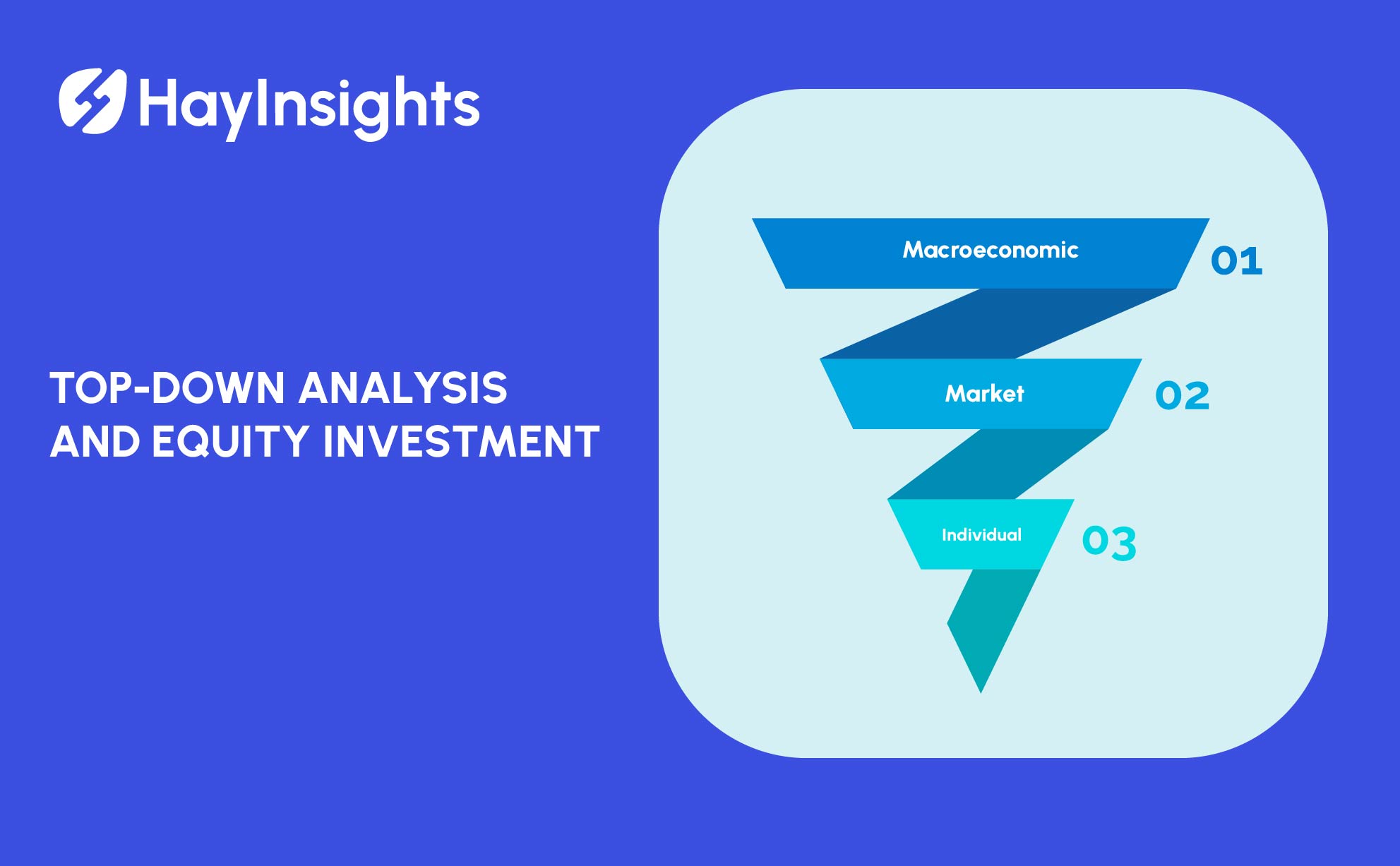
Foreigners Investing in Japanese Commodities: 4 Optimal Ways
As the global economy becomes increasingly interconnected, Japan’s commodity market has caught the attention of foreign investors. A combination of Japan’s advanced infrastructure, stable economy, and demand for both raw materials and energy resources makes it a prime market for international investment. One of the most accessible ways for foreigners to gain exposure to Japanese commodities is through exchange-traded funds (ETFs), but there are other avenues to consider as well. In this article, we will explore the topic of foreigners investing in Japanese commodities, focusing on ETFs and other investment options.
Why Invest in Japanese Commodities?
Japan is one of the world’s largest economies and a significant player in the global commodities market. Its consumption of energy products such as crude oil and natural gas, as well as agricultural commodities like rice and seafood, presents ample investment opportunities. As an investor, the Japanese commodities market can provide diversification, exposure to global supply chains, and a stable economic environment for long-term growth.
For foreign investors, Japan’s market is not only attractive for its stability but also because it offers a range of investment vehicles. While the country’s commodity exchanges such as the Tokyo Commodity Exchange (TOCOM) are central to trading in commodities like gold, crude oil, and agricultural products, ETFs have emerged as one of the most straightforward ways for international investors to gain exposure.
ETFとは何ですか?
An exchange-traded fund (ETF) is an investment fund that trades on stock exchanges, much like stocks. ETFs hold assets such as stocks, commodities, or bonds and trade at market prices throughout the day. In the context of commodities, ETFs offer an efficient and cost-effective way for investors to gain exposure to the price movements of commodities like gold, oil, and agricultural products, without having to buy the physical commodities themselves.
The appeal of ETFs lies in their simplicity. Foreign investors do not need to navigate complicated commodity exchanges directly, nor do they need to manage the logistics of holding or storing physical goods like gold or crude oil. Instead, they can buy and sell shares of the ETF just like any other stock, making ETFs a popular vehicle for foreign investors seeking to gain exposure to Japanese commodities.
How Foreigners Can Invest in Japanese Commodities via ETFs
1. Commodity-Focused ETFs

The most direct way for foreigners to invest in Japanese commodities is through commodity-focused ETFs. These ETFs track the performance of a specific commodity or a basket of related commodities. For example, Japan’s energy demand is a crucial driver of crude oil imports, and several ETFs track oil prices. Similarly, agricultural ETFs might focus on products like rice, tea, or seafood, which are staples of Japanese consumption.
Examples of Japanese Commodity ETFs:
-
The iShares MSCI Japan ETF (EWJ): While not directly a commodity ETF, this fund provides exposure to a broad range of Japanese assets, including companies involved in the production and trading of commodities.
-
The Nikkei 225 ETF: This ETF tracks Japan’s premier stock index, which includes companies heavily invested in energy, materials, and industrial commodities.
-
The United States Oil Fund (USO): Though US-based, this ETF offers indirect exposure to crude oil, a major commodity for Japan. Investors can gain exposure to oil price fluctuations, which affect Japan’s energy market.
By purchasing shares in these ETFs, foreign investors can easily track the performance of Japanese commodities without having to worry about the logistics of physical commodity ownership.
2. Commodity Futures ETFs
Some ETFs are structured to track commodity futures contracts, which are agreements to buy or sell a commodity at a predetermined price at a specific time in the future. These futures-based ETFs offer foreign investors the chance to speculate on the price movement of Japanese commodities like oil or gold.
For example, if an investor believes that the price of crude oil will increase due to Japan’s growing energy demands, they might choose a futures-based ETF that tracks oil futures. Such ETFs are highly liquid and can be traded on major exchanges, giving foreign investors the ability to quickly enter and exit positions.
3. Currency-Hedged ETFs
Another option for foreigners investing in Japanese commodities is to choose a currency-hedged ETF. The value of the Japanese yen can significantly impact commodity prices and foreign returns. A currency-hedged ETF minimizes this risk by using financial instruments to offset the effects of currency fluctuations. This type of ETF is particularly appealing to foreign investors concerned about the impact of yen volatility on their investment returns.
4. Commodity Stocks ETFs
An indirect but still effective method for foreign investors is to buy ETFs that focus on stocks of companies involved in the production, refining, or trading of commodities. These ETFs provide exposure to companies in sectors like mining, energy, and agriculture, which are highly sensitive to commodity price fluctuations.
For instance, an ETF that tracks the performance of Japan’s largest energy or mining companies would allow foreign investors to benefit from price changes in commodities like crude oil or gold, without having to directly invest in the commodities themselves.
Alternative Ways to Invest in Japanese Commodities
While ETFs are a highly accessible way for foreigners to gain exposure to Japanese commodities, other investment vehicles are worth considering:
1. Direct Commodity Investments
Investors can directly trade on Japanese commodity exchanges like TOCOM. These exchanges offer futures and options contracts on a variety of commodities, from crude oil to gold. However, direct trading requires a higher level of expertise and is usually better suited to institutional investors or those with significant experience in the commodities market.
2. Japanese Commodity Mutual Funds
In addition to ETFs, there are also mutual funds focused on Japanese commodities. These funds pool capital from multiple investors and invest in a range of assets, including commodities and commodity-related stocks. While mutual funds are less liquid than ETFs, they offer professional management and may be an attractive option for those who prefer a hands-off investment strategy.
3. ETNs (Exchange-Traded Notes)
ETNs are similar to ETFs but are debt instruments issued by financial institutions. They track the performance of a commodity index and can be used to gain exposure to Japanese commodities in a more flexible manner than traditional ETFs. However, they carry the added risk of the issuer’s creditworthiness, making them a more risky option.
Risks of Investing in Japanese Commodities
While there are significant opportunities for foreigners investing in Japanese commodities, there are also risks to be aware of. These risks include:
-
市場のボラティリティ: Commodities are highly sensitive to global events, such as changes in supply and demand, geopolitical tensions, and climate change. Foreign investors should be prepared for price fluctuations.
-
通貨リスク: Currency exchange rates can significantly impact returns. Foreign investors in Japan’s commodity market must be mindful of fluctuations between the yen and their home currencies.
-
Regulatory Risks: Although Japan is a stable market, changes in government policies and regulations can impact commodity prices and trading strategies.
結論
Foreigners investing in Japanese commodities can benefit from Japan’s strong economy, advanced infrastructure, and stable political environment. While there are various ways to gain exposure to Japanese commodities, ETFs remain one of the most accessible and cost-effective options. By choosing between commodity-focused ETFs, futures ETFs, and currency-hedged ETFs, investors can tailor their approach based on their risk tolerance and investment goals. Additionally, direct investments and mutual funds offer other avenues for those looking to diversify further.
As Japan continues to play a pivotal role in the global commodity market, the future looks promising for foreigners seeking to invest in this dynamic and evolving sector.










